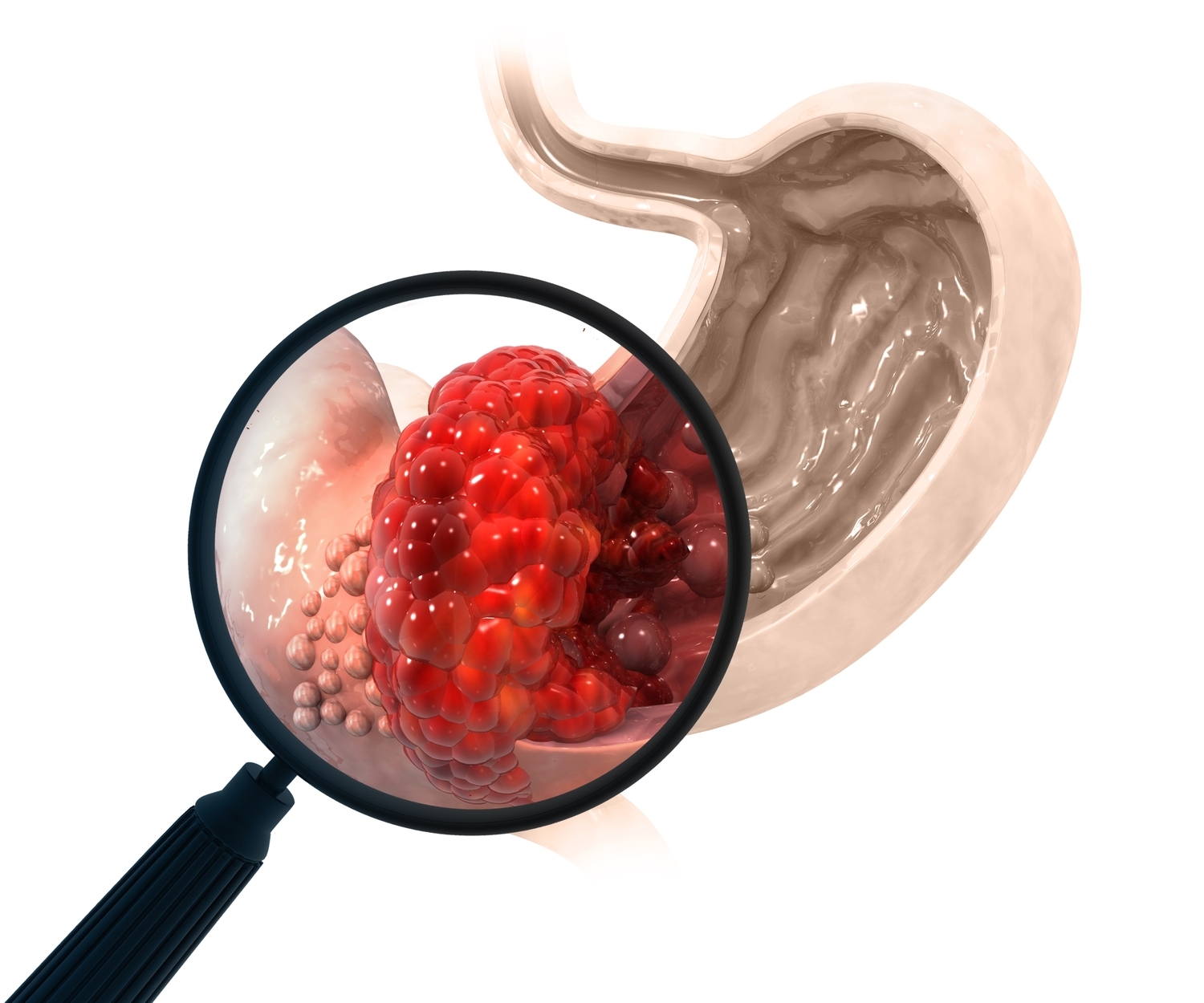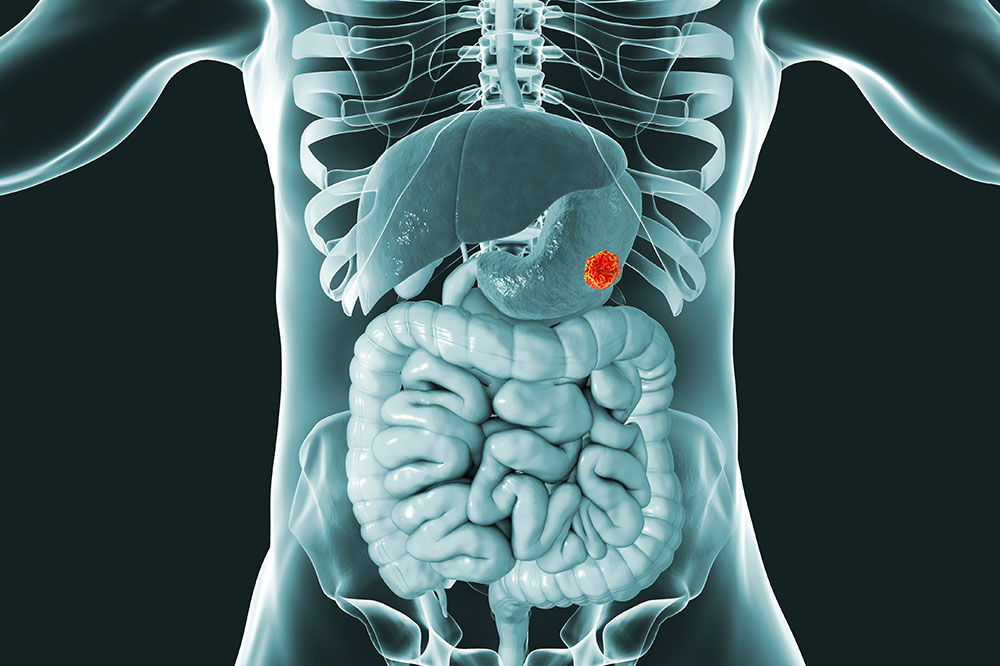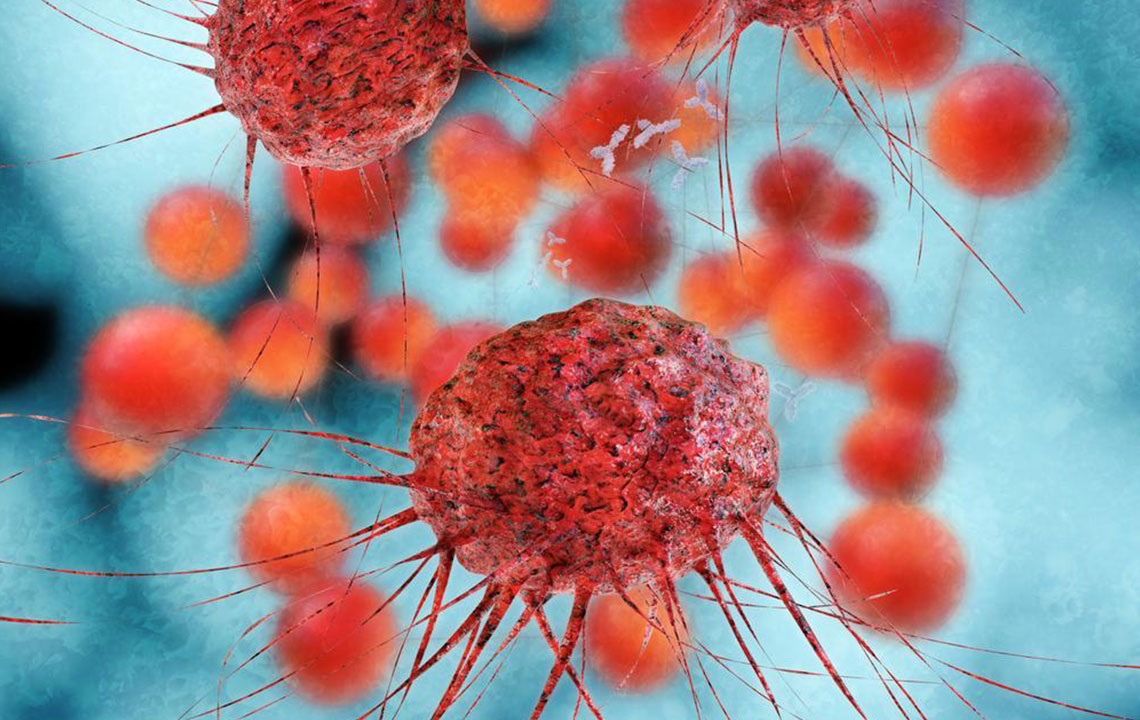Innovative Therapies Ripretinib and Ayvakit Transform GIST Management
Recent breakthroughs in GIST treatment focus on Ripretinib and Ayvakit, offering new hope for patients with resistant mutations. Ripretinib acts broadly against multiple mutations in KIT and PDGFRA, while Ayvakit provides targeted therapy for specific PDGFRA exon 18 mutations. These drugs improve survival outcomes and expand options for advanced GIST cases, representing a significant step toward personalized cancer treatment.
Sponsored

Overview
Gastrointestinal stromal tumors (GIST) are uncommon cancers originating in the digestive tract, mainly affecting the stomach and small intestine. These tumors develop from interstitial cells of Cajal, which regulate gut muscle activity. Mutations in genes like KIT and PDGFRA drive GIST growth, highlighting the importance of targeted treatments. Recent advancements, including Ripretinib and Ayvakit (avapritinib), have significantly improved outcomes by specifically addressing these mutations.
These therapies provide new hope for patients unresponsive to traditional drugs like imatinib, the standard first-line treatment. This article discusses how Ripretinib and Ayvakit differ in effectiveness, safety, and mechanisms of action.
GIST and Treatment Obstacles
Mutations in KIT or PDGFRA result in uncontrolled tumor growth, historically managed with tyrosine kinase inhibitors such as imatinib. However, resistance often develops, limiting their effectiveness and creating a need for alternative strategies.
Patients with treatment-resistant GIST or specific mutations face limited options. Ripretinib and Ayvakit serve as crucial second- and third-line therapies targeting these genetic alterations, offering renewed hope for affected individuals.
Ripretinib: A Major Step Forward
Ripretinib (brand name Qinlock), from Deciphera Pharmaceuticals, is a next-generation TKI that inhibits a broad spectrum of KIT and PDGFRA mutations. Approved by the FDA in May 2020 for adult GIST patients previously treated with at least three kinase inhibitors, it is considered a fourth-line option.
How It Works
Ripretinib blocks key mutations by stabilizing the inactive form of KIT, preventing pathways that lead to tumor progression. Its action targets both primary and secondary mutations, making it effective in resistant cases.
Clinical Effectiveness
Clinical trials like INVICTUS showed Ripretinib significantly prolongs progression-free survival, with a median of 6.3 months versus 1 month with placebo. The median overall survival reached 15.1 months, benefiting heavily pre-treated GIST patients.
Potential Side Effects
Common adverse effects include hair loss, fatigue, nausea, and muscle discomfort. Serious reactions such as skin reactions and high blood pressure have also been observed.
Ayvakit: Targeted Action for Specific Mutations
Ayvakit (avapritinib), developed by Blueprint Medicines, received FDA approval in January 2020 for adult GIST patients with PDGFRA exon 18 mutations, notably D842V, which are resistant to typical TKIs. This mode of treatment offers a precise approach tailored to genetic profiles.
Mechanism of Action
Ayvakit selectively inhibits mutated PDGFRA and KIT proteins, effectively blocking growth signals. Its specific design addresses tumors with the D842V mutation, providing targeted therapy where others fail.
Reported Effectiveness
In trials such as NAVIGATOR, Ayvakit achieved an 84% response rate in D842V mutation cases, with some patients experiencing complete tumor reduction. Many continued to benefit, with survival data still maturing.
Side Effect Profile
Common side effects include swelling, tiredness, nausea, and cognitive issues such as memory problems. Rare but serious events like bleeding have prompted caution and monitoring during treatment.
Comparison of Ripretinib and Ayvakit in GIST Therapy
Both drugs are vital for GIST management, especially after resistance to first-line options. Their use depends on mutation type and prior medication history. The table below highlights key differences:
Approval Status
Ripretinib: Fourth-line for resistant GIST
Ayvakit: First-line for PDGFRA exon 18 mutations
Mechanism
Ripretinib targets multiple mutations broadly
Ayvakit inhibits specific PDGFRA mutations
Patient Focus
Ripretinib: Patients resistant to multiple prior treatments
Ayvakit: Patients with D842V mutations
Effectiveness
PFS: 6.3 months, OS: 15.1 months (Ripretinib)
ORR: 84% with D842V mutation (Ayvakit)
These targeted therapies mark a significant leap in GIST treatment options, offering personalized solutions based on genetic profiles, especially for resistant cases. Continued research promises further advances for rare cancer therapies.
References
Deciphera Pharmaceuticals. (2020). "Ripretinib (Qinlock) for GIST." https://www.deciphera.com
Blueprint Medicines. (2020). "Ayvakit (Avapritinib) for GIST." https://www.blueprintmedicines.com
ClinicalTrials.gov. "INVICTUS Study for Ripretinib in GIST." https://clinicaltrials.gov
U.S. Food and Drug Administration. "FDA Approves Ripretinib for Advanced GIST." https://www.fda.gov






